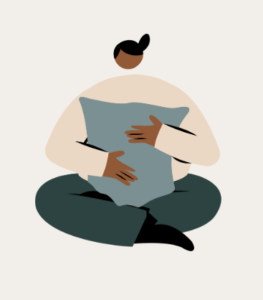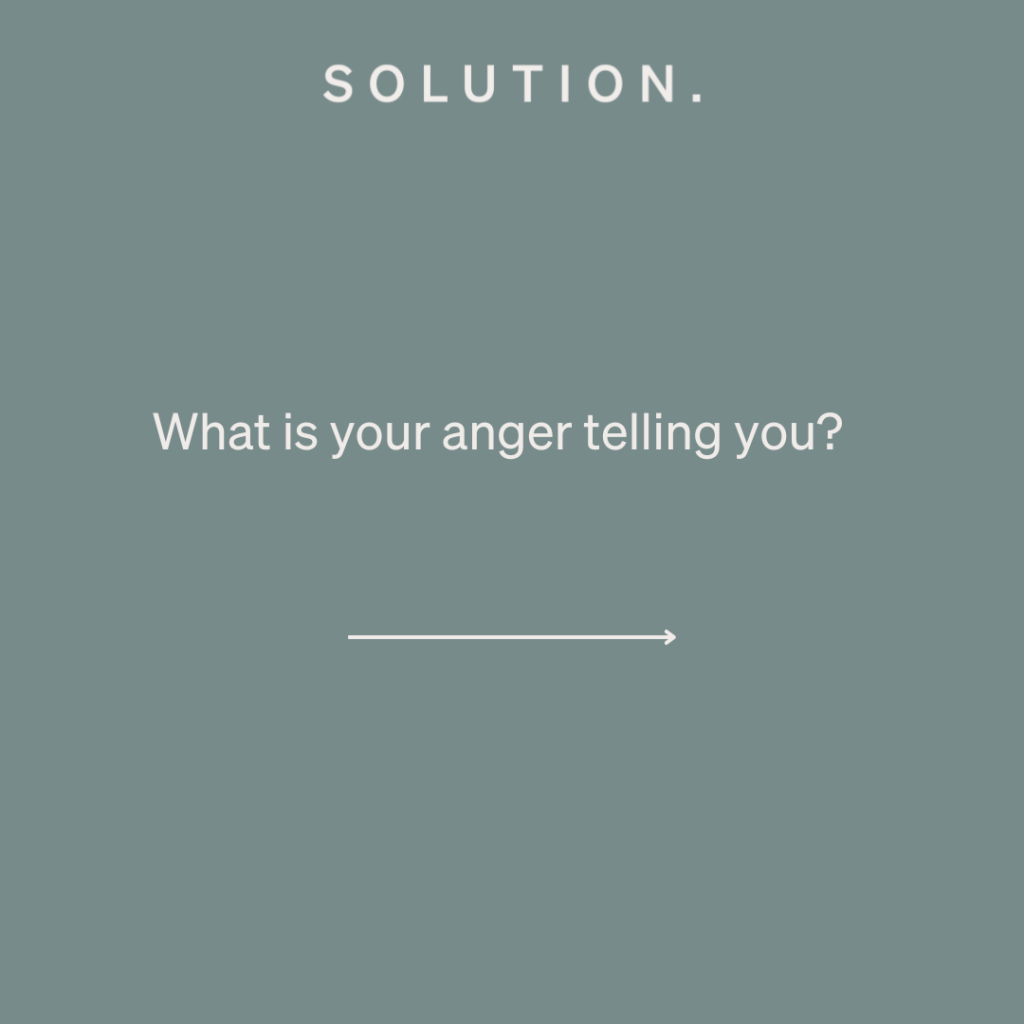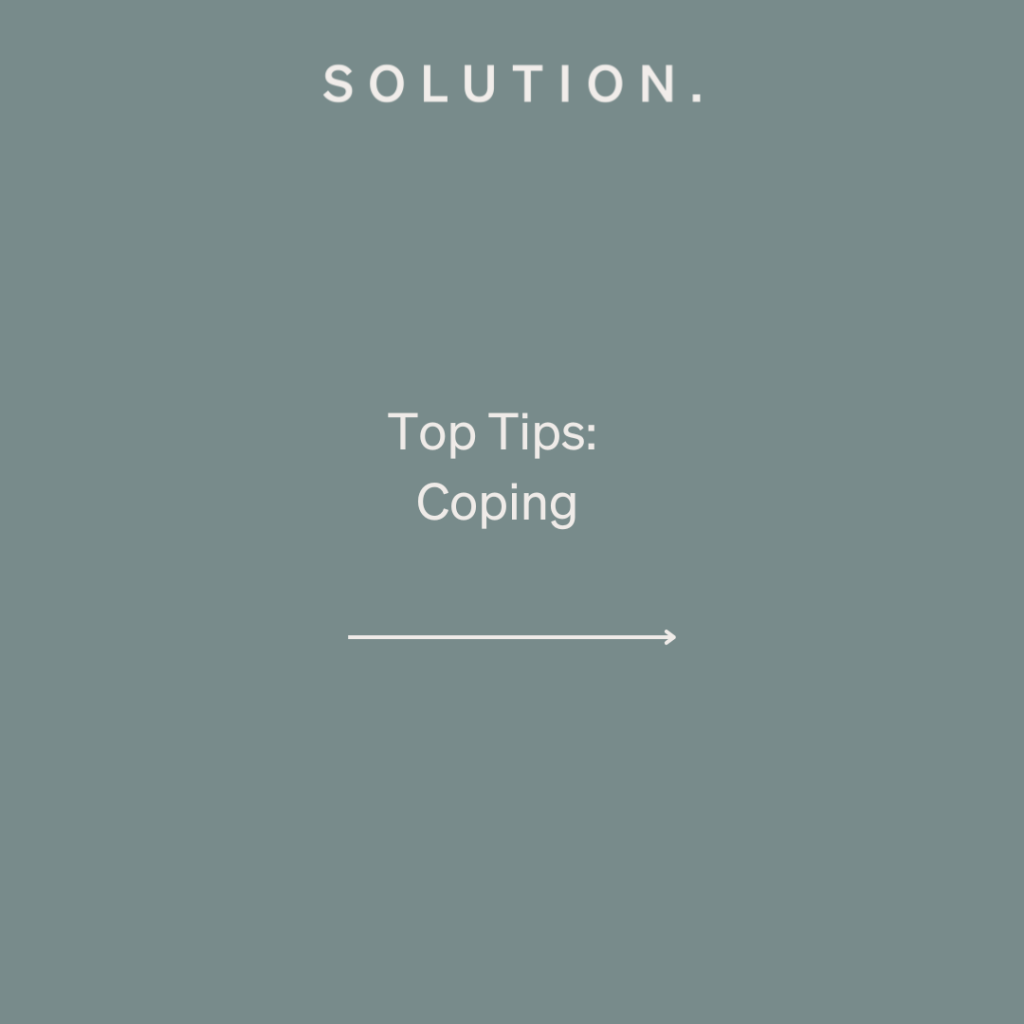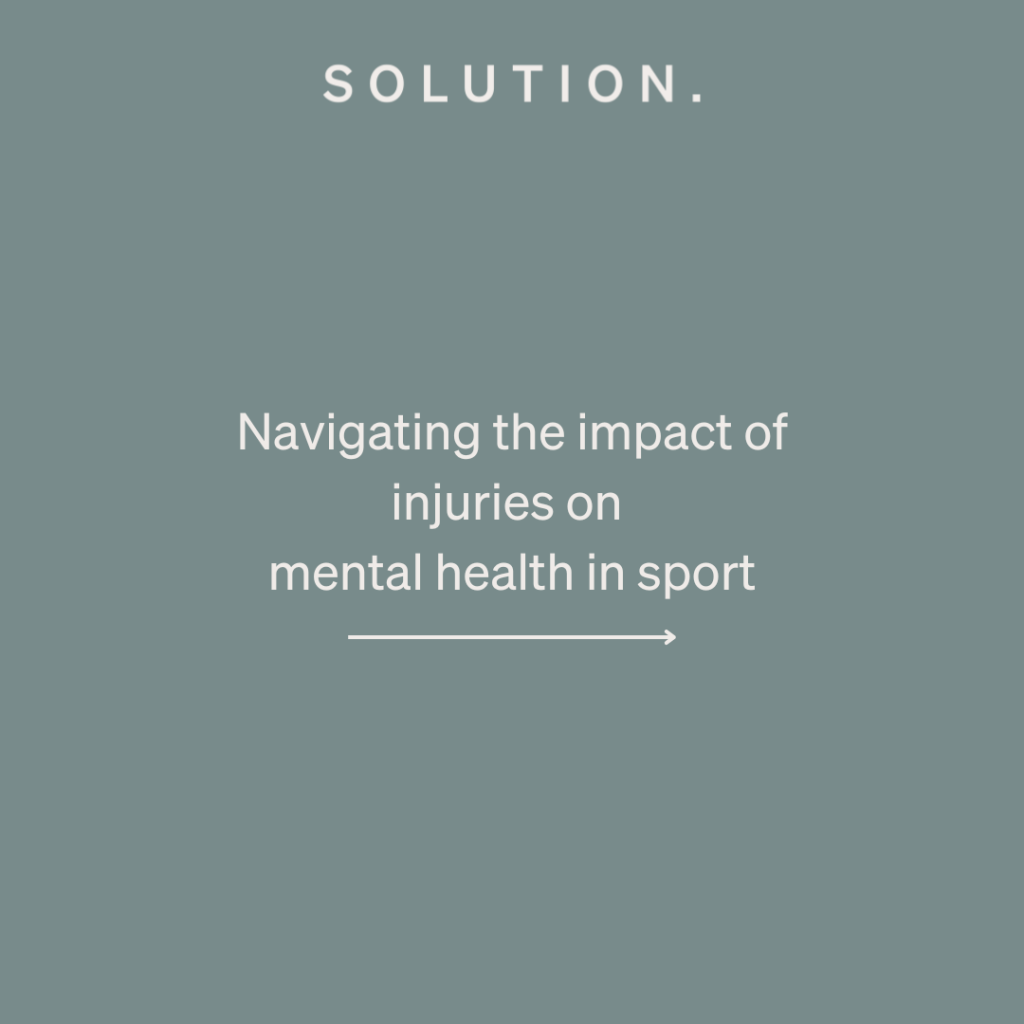When someone is struggling it can be difficult to know what to do, but the first step is being aware that they are not okay in the first place.
The warning signs that tell us if someone is struggling emotionally can vary from small changes in their behaviour, to quite obvious cries for help.
Both signs need to be taken seriously, however, it is often the smaller changes that can go unnoticed.
What are they saying?
When someone is struggling they might:
- Verbally express that they cannot cope
- Share feelings of loneliness, hopelessness or helplessness
- Become more critical of themselves or others
- Sound as though they are confused, agitated or disoriented

What are they doing?
When someone is struggling they might appear to:
- Lack motivation or energy
- Struggle to switch off
- Become more or less interested in their appearance
- Lack interest in things they used to enjoy
- Be more or less emotional than usual
- Have changes in their sleeping, eating, exercising or work patterns

What to do if you are concerned
You can check in by:
- Asking if they’re okay
- Being an active listener
- Encouraging Action
- Checking in again in the near future

Crisis Support
Sometimes people may not feel ready to open up and discuss their challenges despite appearing have reached a high level of distress and hopelessness.
If you have genuine concerns about the safety and wellbeing of your loved one, it may be best to reach out to crisis support services for additional support.
Crisis Support Services
Emergency Services: 000
For police, fire and ambulance services
LifeLine: 13 11 14
24/7 Crisis counselling for all ages
Kids HelpLine: 1800 55 1800
Free, confidential 24/7 counselling phone service
BeyondBlue: 1300 22 4636
Call or chat online with a mental health professional any time of the day or night.
Headspace: 1800 650 890
Online and telephone support service that helps young people who prefer to talk about their problems via online chat, email or on the phone.
For more information
R U OK?
Beyond Blue
Black Dog Institute
Mental Health First Aid Australia



